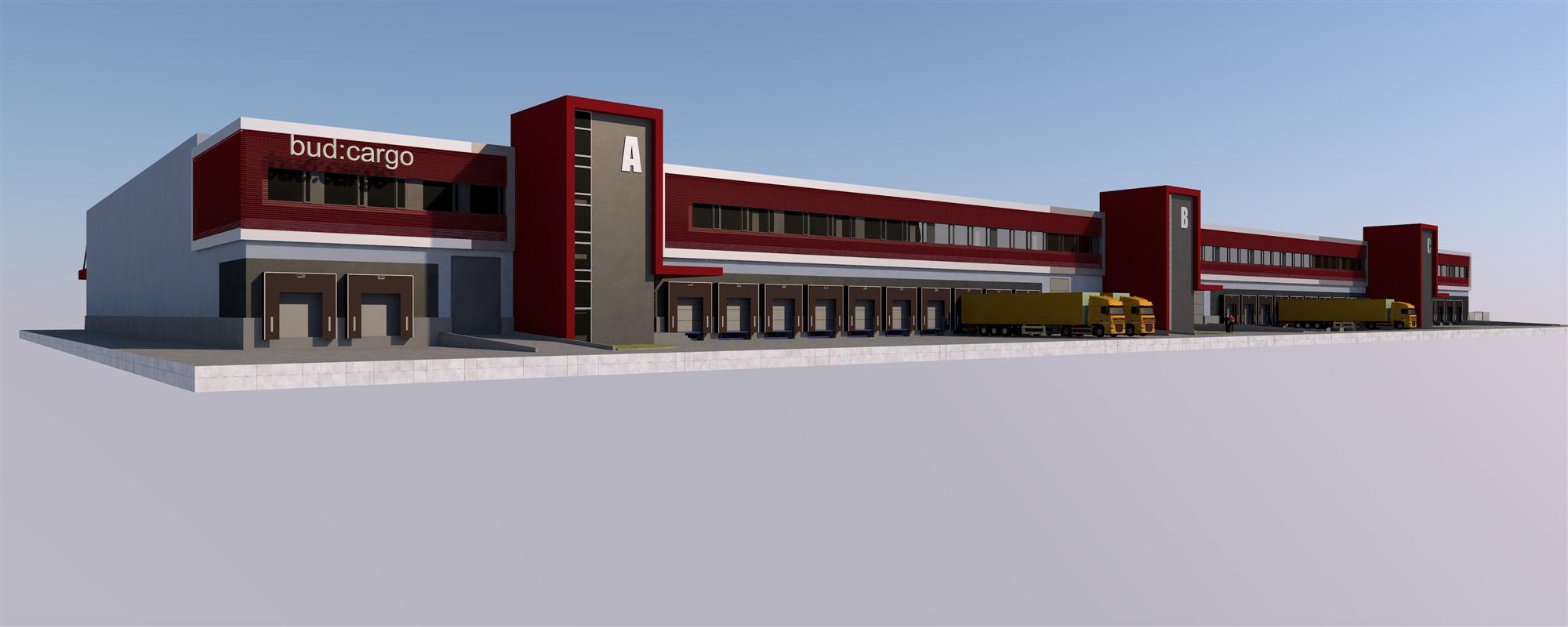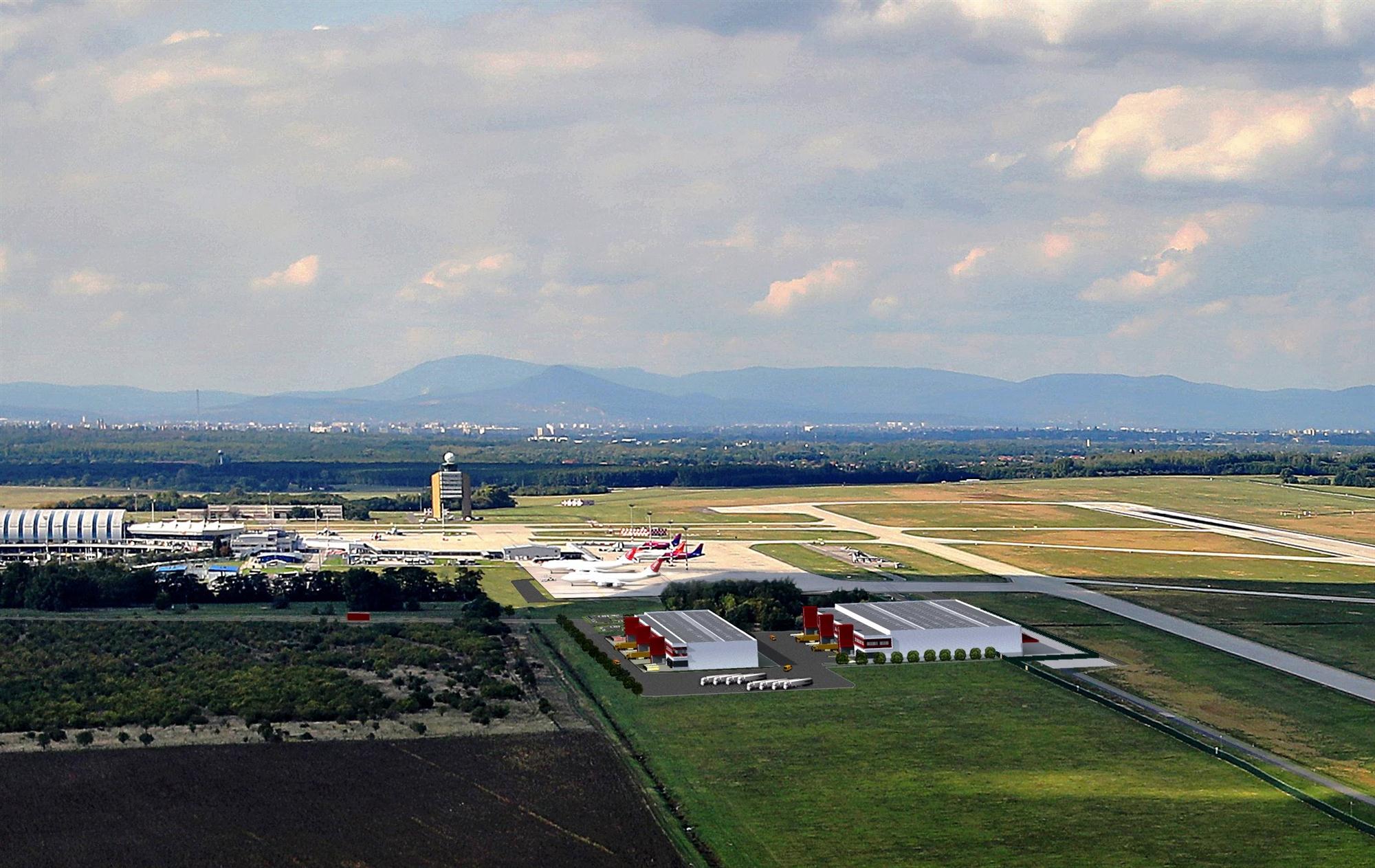Budapest Airport is counting on its new Cargo City project to bring some much-needed capacity which will enable the airport to grow its air freight business.
The project, part of the airport’s €160 million (US$182 million) BUD:2020 development programme, consists of a 16,000-square-metre handling facility to the southeast of the passenger terminals which is expected to increase cargocapacity to 250,000 tonnes per year.
“It’s already fully leased and we expect to open it in the summer of 2019,” said René Droese, director of property and cargo at Budapest Airport, in an interview during the transport logistic China 2018 conference and exhibition in Shanghai. “There’s a second forwarder building already being planned because the demand is so huge. It should be ready by the end of next year. For the forwarder building, we’ve already signed our first agreement with Kuehne + Nagel, who will lease some warehouse and office space there.”

As part of a broader expansion into the cargo sector, Budapest Airport opened two express facilities on the northwest side of the airfield in the second half of 2017, one for DHL and another for TNT.
According to Droese, the focus for the next year or so will fully be on setting up Cargo City, which will ensure that Budapest has everything that is needed for a full cargo operation, including proper landside and airside infrastructure, proper screening, as well as smaller facilities for dangerous goods and pharmaceuticals.
“Once the construction has started, the claims will be visible and then I believe other airlines will come to generate further volumes,” he said. “We’ll also talk to the shippers to make them aware that they don’t have to truck their cargo to Vienna, Frankfurt or even Amsterdam. There’s a lot of potential we would like to capture.”
The airport plans to become more active in engaging directly with shippers, of which there are plenty within eight hours’ driving distance, including Audi, Mercedes Benz, Huawei, Bosch, General Electric and others in the automotive, electronics, ICT and pharmaceutical industries.
Droese recently had an experience where a large automotive supplier which had previously used forwarding companies for distribution turned to him directly for a solution and asked if it would be possible to use Budapest instead of the other major European hubs to transport to China.
“This is something that we would like to actively promote more once Cargo City is ready,” he said. “Honestly, all our warehouses today are full. Right now, one more aircraft or airline might work, but another one will not. It’s a positive problem but the cargo business is not always sustainable so you have to be very careful with your own infrastructure investments.”

Droese added that Budapest Airport offers so many opportunities because of its flexibility in terms of traffic rights, especially compared to many of the large airports in western Europe.
“In Germany, for example, there are no additional rights for Chinese airlines and it’s always subject to negotiations,” he said. “In Hungary, we can allow five additional airlines from China. This is a big benefit. We have two independent runways and can easily accommodate the big birds. We also have land and warehouse capacity available so we’re not congested or restricted like Frankfurt or Amsterdam.”
Budapest currently receives thrice weekly freighter services from Cargolux, Qatar Airways Cargo and Turkish Cargo, and twice weekly services from AirBridgeCargo and Silk Way West Airlines. The belly cargo network has also received a recent boost, with LOT Polish Airlines flying four times a week to New York and twice a week to Chicago with a Boeing 787-8, as well as a daily American Airlines 767 to Philadelphia.
The airport set a new record in 2017, having handled approximately 127,000 tonnes of cargo, and in the first five months of 2018, Budapest has already registered a year-on-year increase of almost 20%.
“We can certainly feel the traffic picking up,” said Droese. “I’m always a conservative and cautious guy, but I hope the volumes and growth rates we’re seeing right now will continue.”
By Jeffrey Lee
Asia Cargo News | Shanghai




